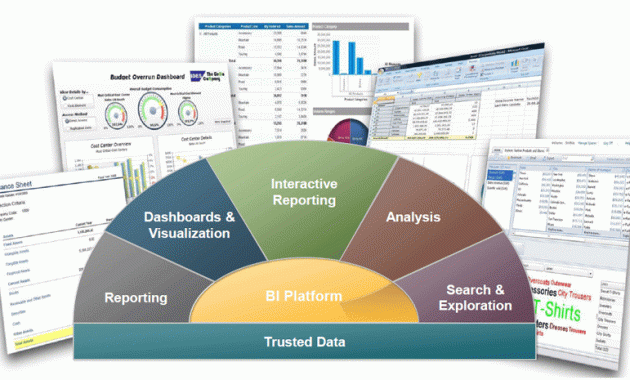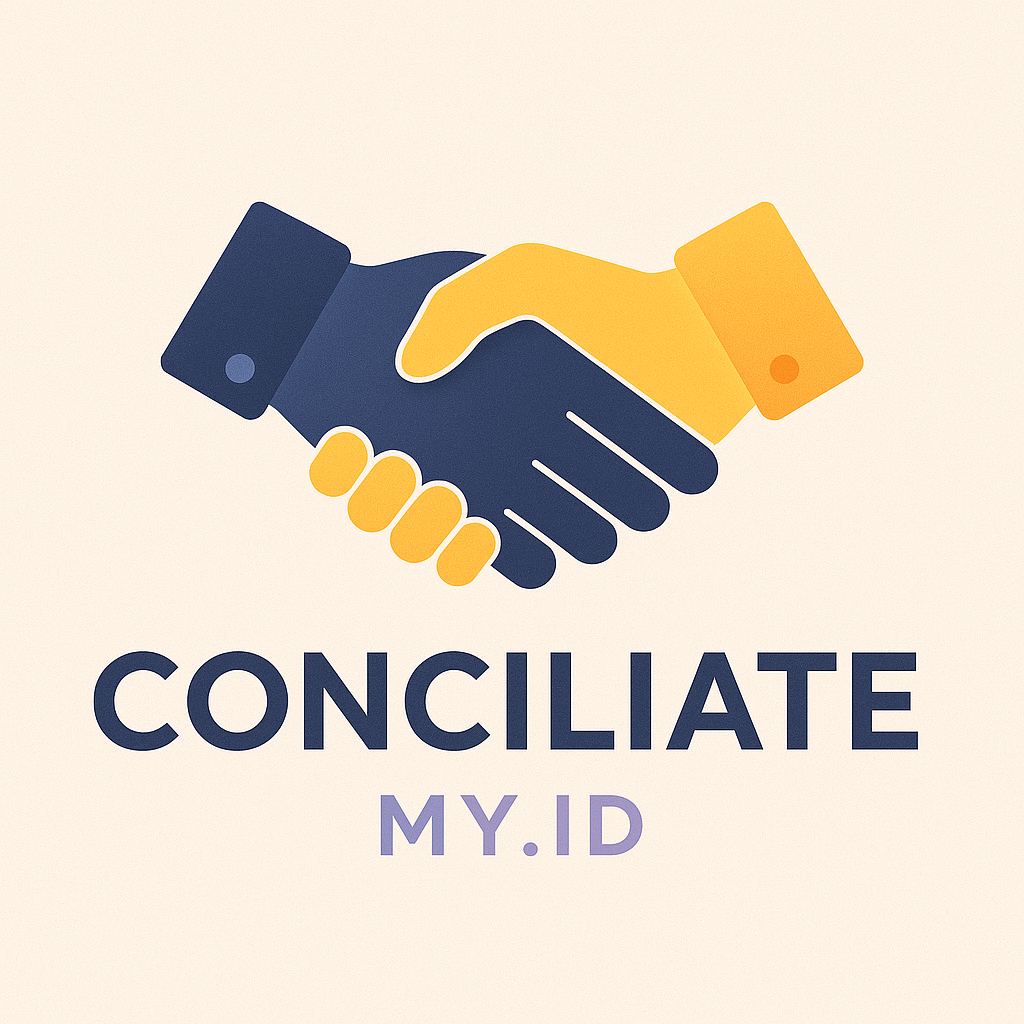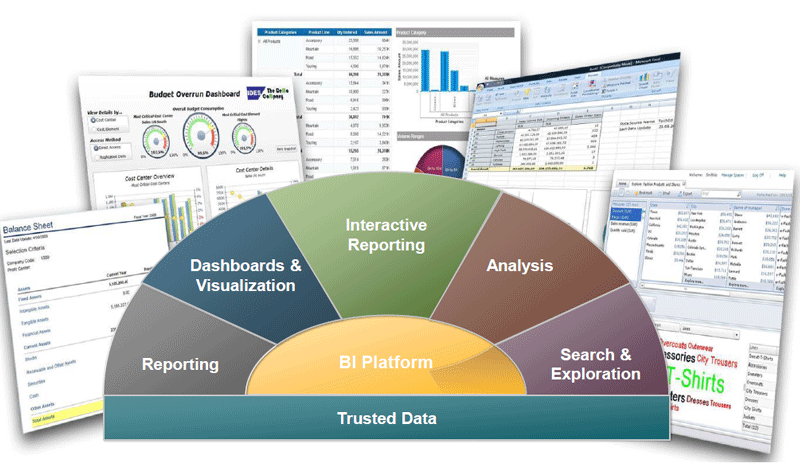
Discover Business Intelligence Software for Accuracy in 2025: A Comprehensive Guide
The business landscape is evolving rapidly. Data is the new currency. Success hinges on informed decisions. This requires reliable data analysis. Business intelligence (BI) software is critical. It transforms raw data into actionable insights. This article explores BI software. It focuses on accuracy for 2025. We will examine key trends, features, and benefits. We’ll also discuss how to choose the right solution.
The Growing Importance of Business Intelligence
Companies face immense pressure. They need to stay competitive. They must make data-driven decisions. This demands robust BI capabilities. BI software provides these capabilities. It collects, processes, and analyzes data. This leads to better decisions. This improves operational efficiency. It also boosts profitability. The demand for BI software is increasing. This is due to the volume of data. The need for speed and accuracy is also increasing. BI software helps businesses thrive. It helps them in a dynamic market.
Key Trends Shaping BI in 2025
Several trends are influencing BI. These trends will define its future. Here are some of them:
- Artificial Intelligence (AI) and Machine Learning (ML) Integration: AI and ML are revolutionizing BI. They automate data analysis. They also provide predictive insights. These technologies enhance accuracy. They improve decision-making. AI-powered BI tools offer advanced capabilities. They discover patterns and trends. They also forecast future outcomes.
- Cloud-Based BI Solutions: Cloud computing is transforming BI. Cloud-based solutions offer flexibility. They also provide scalability. Cloud BI platforms are accessible. They are also cost-effective. They enable collaboration. They also allow real-time data access. This is crucial for modern businesses.
- Data Democratization: Data democratization is gaining momentum. It empowers all employees. They can access and analyze data. This reduces reliance on IT departments. It fosters a data-driven culture. BI tools are becoming user-friendly. They have intuitive interfaces. They also have self-service analytics capabilities.
- Focus on Data Governance and Security: Data security is a top priority. Businesses must protect sensitive information. They must comply with regulations. BI software must have strong data governance features. These features include data encryption. They also include access controls. Data governance ensures data accuracy. It also maintains data integrity.
- Rise of Embedded BI: Embedded BI is becoming more prevalent. It integrates BI capabilities into applications. This provides users with context-rich insights. It enhances their workflows. Embedded BI improves decision-making. It makes data accessible within existing tools.
Essential Features of Accurate BI Software
Selecting the right BI software is crucial. The software should offer several key features. These features ensure accuracy and effectiveness. Here are some of them:
- Data Integration and Connectivity: BI software must integrate data. It must integrate data from various sources. These sources include databases. They also include cloud services. It should support different data formats. This ensures comprehensive data analysis.
- Data Visualization: Data visualization is essential. The software should create clear visuals. It should create visualizations like charts and dashboards. This makes data easier to understand. It allows users to identify trends. It also allows users to spot patterns.
- Advanced Analytics: The software should offer advanced analytics. This includes statistical analysis. It also includes predictive modeling. These features provide deeper insights. They support data-driven decisions.
- Reporting and Dashboards: Reporting and dashboards are critical. The software should generate reports. It should generate reports automatically. It should also create customizable dashboards. This allows users to monitor key performance indicators (KPIs).
- Data Governance and Security: Data governance is a must-have feature. It ensures data accuracy. It also protects sensitive information. The software should have robust security measures. These measures include data encryption. They also include access controls.
- Mobile BI: Mobile BI is becoming increasingly important. It allows users to access data. They can access data on the go. This improves decision-making speed. It also fosters collaboration.
Benefits of Using Accurate BI Software
Implementing BI software offers many benefits. These benefits can transform a business. Here are some key advantages:
- Improved Decision-Making: BI software provides accurate data. It provides real-time insights. This leads to better decisions. It reduces guesswork. It also improves strategic planning.
- Enhanced Operational Efficiency: BI software identifies inefficiencies. It streamlines processes. This reduces costs. It also improves productivity.
- Increased Revenue: BI software helps identify opportunities. It helps to optimize sales strategies. This increases revenue. It also improves customer satisfaction.
- Competitive Advantage: BI software enables businesses to respond quickly. They can respond to market changes. They can also identify new opportunities. This gives them a competitive edge.
- Better Customer Understanding: BI software analyzes customer data. This provides insights into customer behavior. It also improves customer service. This boosts customer loyalty.
Choosing the Right BI Software for 2025
Selecting the right BI software is a crucial decision. Consider these factors. These factors will help you make the right choice:
- Define Your Business Needs: Identify your specific requirements. Determine your data sources. Outline your reporting needs. Define your analytics goals. This ensures the software aligns with your goals.
- Evaluate Software Features: Assess the features of different software. Ensure they meet your requirements. Consider data integration. Also consider data visualization. Also, consider reporting capabilities.
- Assess Scalability and Flexibility: Choose a scalable solution. It should adapt to your growing data needs. It should also be flexible. It should be adaptable to changing requirements.
- Consider Ease of Use: Select a user-friendly solution. It should have an intuitive interface. This will boost adoption. It will also reduce training costs.
- Evaluate Data Security and Governance: Prioritize data security features. Ensure the software complies with regulations. Check for data encryption. Also check for access controls.
- Review Vendor Reputation and Support: Research the vendor’s reputation. Check for customer reviews. Assess the vendor’s support and training. This ensures reliable support.
- Consider Cost and ROI: Evaluate the total cost of ownership. Estimate the return on investment. This helps justify the investment.
Examples of Business Intelligence Software for Accuracy
Several BI software solutions are available. They offer different strengths. They cater to various business needs. Here are a few examples:
- Tableau: Tableau is known for its powerful data visualization. It is user-friendly. It offers advanced analytics capabilities. It is a popular choice for many businesses.
- Power BI: Power BI is a Microsoft product. It integrates seamlessly with other Microsoft products. It offers a wide range of features. It is cost-effective.
- Qlik Sense: Qlik Sense is known for its associative data modeling. It helps users explore data easily. It offers a flexible and intuitive interface.
- Sisense: Sisense is a full-stack BI platform. It supports complex data analysis. It offers embedded analytics capabilities. It is suitable for large enterprises.
- Looker: Looker is a data analytics platform. It emphasizes data modeling. It provides a centralized data source. It supports collaboration.
The best BI software depends on your needs. Evaluate different options. Choose the one that fits your requirements.
The Future of Business Intelligence
The future of BI is bright. It will continue to evolve. It will be driven by technology advancements. It will also be shaped by business needs. AI and ML will play a bigger role. Cloud-based solutions will become more prevalent. Data democratization will be crucial. Data governance and security will be paramount. Businesses that embrace BI will succeed. They will make accurate decisions. They will gain a competitive edge. They will drive growth. They will also achieve their goals. The right BI software is essential. Choose your solution wisely. Make sure it provides accuracy. Ensure it meets your needs for 2025.
Conclusion: Ensuring Accuracy with BI Software
Discover Business Intelligence Software for Accuracy is vital. It is for success in 2025. Accurate data is essential. It helps businesses make informed decisions. BI software provides the tools. It transforms data into actionable insights. Choose the right BI solution. It should meet your needs. Stay informed about trends. Embrace the future of BI. This ensures accuracy. It also drives success. [See also: Related Article Titles]

